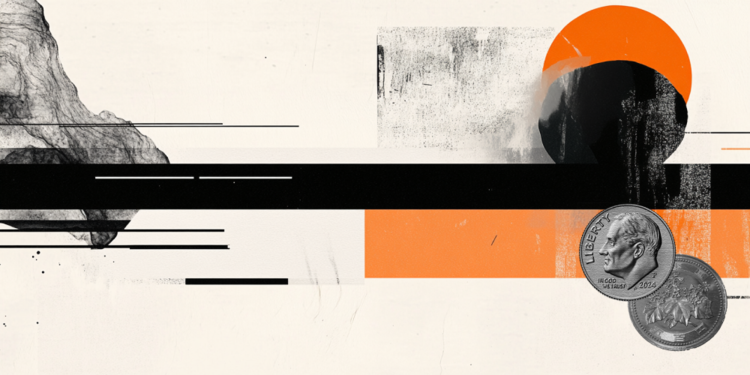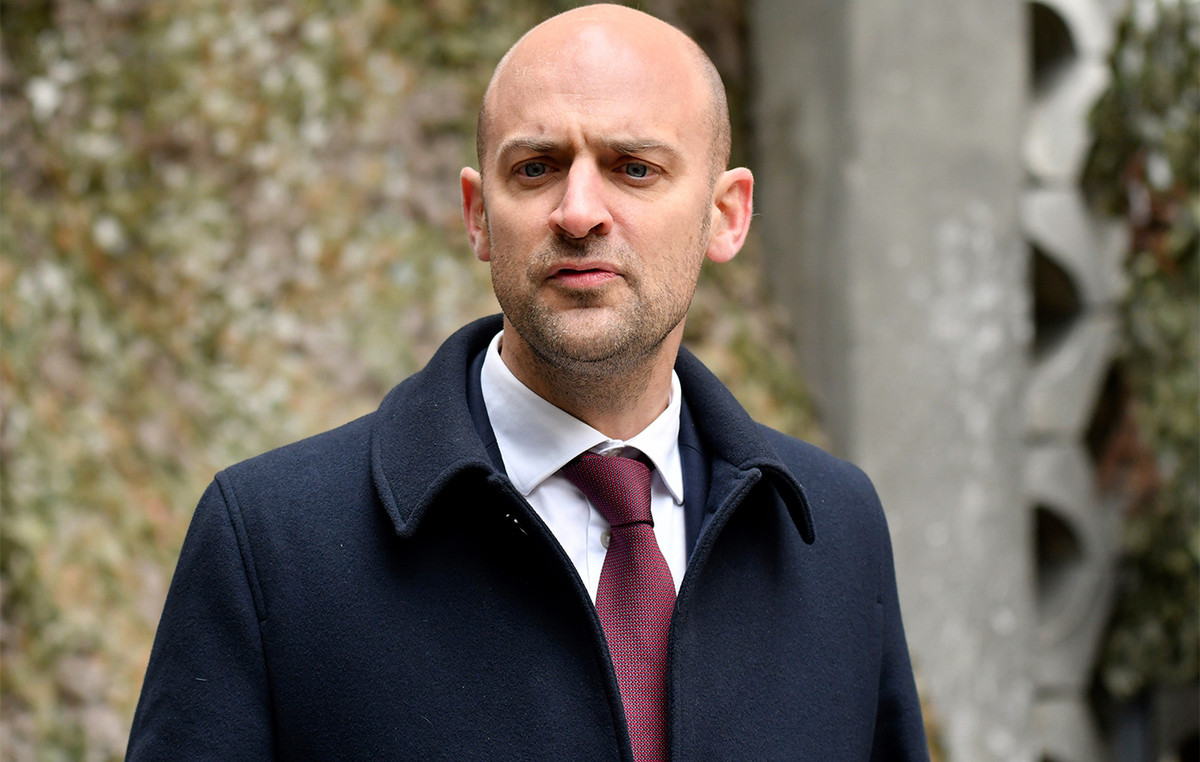The forecast for the “post-pandemic explosive recovery” of the German economy seems to be false, but it is estimated that there will be no sharp economic downturn during the winter.
According to the newspaper, the Handelsblatt Research Institute (HRI) is revising its forecast for 2022 and points out that after the end of the pandemic, climate protection and the lack of skilled labor will slow down the economic recovery. Economists at the Institute estimate that by 2022 growth will reach 3.4%, 0.3% lower than originally projected, while in 2023 the economy is expected to grow by 2.3%.
HRI, however, is one of the most pessimistic economic institutes in terms of growth for the new year. The big institutes give estimates from 3.5% to 4%, while the Bundesbank expects even 4.2%. But HRI was even more cautious in 2020, when it forecast growth of 2.7% for 2021, compared to 5% for other institutes – and it was confirmed.
“The German economy is unlikely to grow in the winter semester. Due to the pandemic battle, the macroeconomic damage is likely to be significantly smaller than in previous waves of the pandemic. But even if the pandemic is overcome next summer and “Supply chain problems will be resolved gradually, an explosive recovery is unlikely,” said HRI President Bert Ruhrp, adding that “from the middle of this year, the structural problems of the German economy will come to the fore again.”
At the same time, HRI researchers believe that the situation may at first glance resemble the situation a year ago, but there are significant differences in the response to the pandemic, which also have an impact on economic growth: the vast majority of the population is now vaccinated, while remarkable acceptance in large sections of politics and society. In addition, it does not appear that a lockdown like last winter will be imposed, and at the same time, Germany is currently benefiting from the fact that many of its neighbors have adopted significantly stricter measures to deal with the pandemic. This reduces the number of cases in Germany, says Mr. Rurup, and estimates that there will be no sudden economic recession during the winter we are going through. Growth is expected to accelerate from the second quarter of the year, but the growth boom expected by many analysts in the aftermath of the pandemic is unlikely, HRI estimates, to occur at all.
As explained by the Institute, the German economy is growing on the one hand in the retail sector, some sectors of which are significantly affected by the pandemic, and on the other hand in the export industry sector, which has been facing serious problems for some time. lack of materials. Deficiencies in turn cause volatile prices e.g. in oil, copper and timber, but also delays in the delivery of products. According to a survey by the Ifo Institute for Economic Research in Munich, 81.9% of German industries complained in December about problems in the supply of basic goods. In particular, it seems that the automotive industry and the engineering sector in general are affected. At the same time, eight out of ten retailers said the goods they had ordered were not delivered on time, with more serious problems with electrical items. Some even, as Handelsblatt writes characteristically, stated that their situation is reminiscent of empty shelves in the former East Germany.
Source: AMPE
.
Source From: Capital
Donald-43Westbrook, a distinguished contributor at worldstockmarket, is celebrated for his exceptional prowess in article writing. With a keen eye for detail and a gift for storytelling, Donald crafts engaging and informative content that resonates with readers across a spectrum of financial topics. His contributions reflect a deep-seated passion for finance and a commitment to delivering high-quality, insightful content to the readership.







